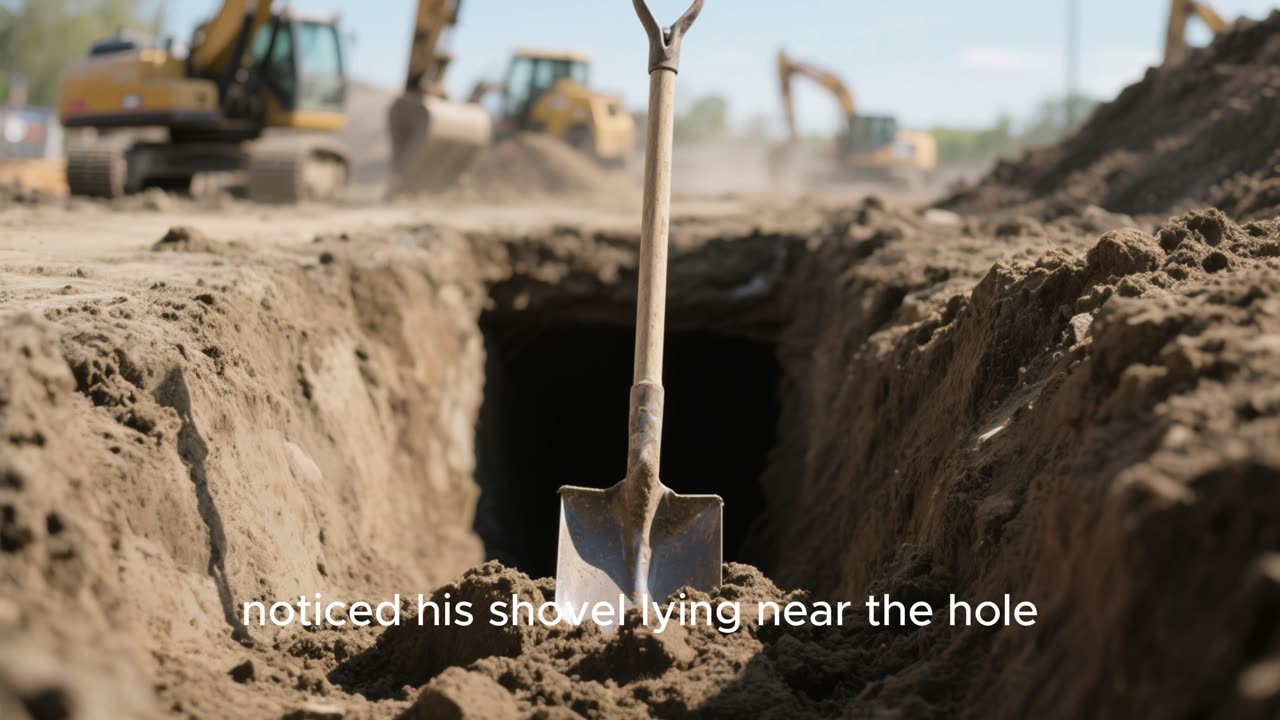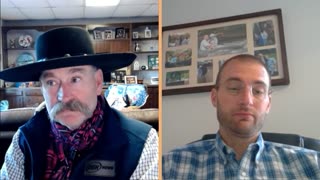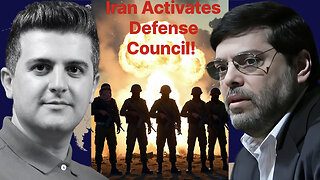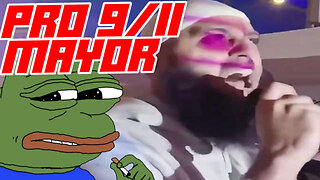Premium Only Content

The Impossible Escape
The Impossible Escape of Michael Scott
The desert was quiet that afternoon, the sun low and cruel in the Arizona sky, when Michael Scott, a 30-year-old construction worker, finished his shift. He had spent the day under a relentless heat, digging trenches for a new development site outside Phoenix. Dust covered his boots and sweat burned his eyes, but he was used to it — hard work was his way of life. That evening, as his coworkers packed up, Michael stayed behind to finish one last section. It was the decision that would change everything.
The trench was deep — nearly ten feet down, with loose, sandy walls that shivered when the wind blew. Regulations demanded safety reinforcements, but deadlines were tight and no one wanted delays. He climbed down with his shovel, focused and fast. Then, without warning, the earth gave way.
A low rumble turned into a roar. The wall of dirt collapsed in a rush of sand and gravel, and before Michael could move, he was engulfed. The world turned black. The crushing weight pressed down on his chest, his arms pinned to his sides, his mouth filled with grit. He tried to scream, but the sand swallowed his voice.
Buried alive.
At first, panic exploded inside him — his heart hammering, lungs burning. Every instinct told him to move, to fight, to claw his way up. But the more he struggled, the tighter the sand packed around him. He forced himself to stop, to breathe slowly through the tiny pocket of air trapped near his face. He could taste dirt and sweat and fear.
Above ground, his coworkers had no idea. The noise of the machinery drowned out the collapse. It took several long, terrible minutes before someone noticed his shovel lying near the hole. They called out his name — no answer. Then they saw the mound of fresh earth. A shout went up.
Below, Michael heard faint voices. He couldn’t respond. The pressure on his chest made it impossible to draw more than a shallow gasp. Darkness began to close in, and with it came the thought that this was how it would end — not in a storm or a crash, but buried beneath the ground he’d worked on for years.
He thought of his wife, Sarah, waiting at home, and the baby they were expecting. He thought of the promise he made to be there when his child was born. That thought lit something inside him — a stubborn, flickering fire. He told himself he could not die. Not like this.
Rescue crews arrived fifteen minutes later, but time in such situations moves differently. Every second matters. They brought shovels, then machinery, but the site was unstable. One wrong move and the trench could collapse further. They had to dig by hand.
Inside his earthen tomb, Michael focused on the only thing he could control — breathing. He counted seconds. He imagined the sound of his wife’s laughter. He prayed without words. His body ached, his vision flickered, and then — faintly — he felt movement above him. A vibration in the ground.
The rescuers were close. They shouted his name, but he couldn’t reply. Still, the sound filled him with desperate hope. Minutes stretched into hours as the team carved away the dirt layer by layer. The sun sank behind the horizon, replaced by floodlights. The air grew cooler, but Michael was slipping in and out of consciousness.
Finally, a rescuer’s hand broke through the soil and brushed his shoulder. “We’ve got him!” someone yelled. They dug faster now, pulling him out inch by inch until, at last, his head emerged from the earth. His face was gray, lips blue, but his eyes fluttered open. The crowd erupted in cheers.
He had been buried for two hours and forty minutes. Experts later said no one should have survived that long — the pressure alone could have crushed his lungs. But Michael did. When paramedics lifted him onto a stretcher, he gripped one rescuer’s arm and whispered, “I told my wife I’d be back.”
At the hospital, he suffered broken ribs, a collapsed lung, and severe dehydration, but he lived. And a month later, his daughter was born — a tiny, crying reminder of what he’d fought for in the dark.
Reporters called it a miracle, and in some ways, it was. But when asked how he survived, Michael didn’t speak of luck. He said, “When the world takes away everything — light, air, movement — all that’s left is will. And if your will is stronger than fear, you can dig your way out of anything.”
He returned to work months later, but never again without safety barriers. He spent his free time volunteering with rescue teams, teaching others about trench safety, sharing the lessons written into his bones. People said he looked at the ground differently after that — with respect, with awareness, with the quiet knowledge that beneath it lies both life and death.
His story became more than survival — it became a message about resilience, about refusing to let despair bury you. Because even when the world presses down with all its weight, hope can still breathe beneath the surface.
And sometimes, all you need is one reason to keep fighting.
-
 52:16
52:16
American Thought Leaders
17 hours agoIs There a Link Between Mass Shootings and SSRIs?
25.8K26 -
 17:12
17:12
World2Briggs
18 hours agoTop 10 Towns You Can Retire or Live on $1900 a month in the Midwest #1
9.59K1 -
 17:25
17:25
BlackDiamondGunsandGear
1 day agoCustom Building the Cheapest MP5
13.6K1 -
 LIVE
LIVE
BEK TV
23 hours agoTrent Loos in the Morning - 11/06/2025
150 watching -
 8:10
8:10
The Shannon Joy Show
17 hours agoShould we even VOTE anymore?
17.1K23 -
 59:34
59:34
Dialogue works
1 day ago $0.02 earnedMohammad Marandi: It’s WAR: Iran’s Supreme Defense Council ACTIVATES –Hezbollah REFUSES to Surrender
49.9K11 -
 10:23
10:23
TheSaltyCracker
18 hours agoMuslims Immediately Threaten New Yorkers After Zohran Win
43.7K447 -
 18:40
18:40
Actual Justice Warrior
17 hours agoMamdani Pledges To DESTROY New York
30.7K73 -
 28:53
28:53
iCkEdMeL
17 hours ago $0.03 earnedBREAKING: 9 DEAD After UPS Plane BURSTS Into Fireball at Louisville Airport
35.1K7 -
 20:52
20:52
Professor Nez
20 hours agoThe TRUTH is Actually WORSE than we Thought...
24.6K23